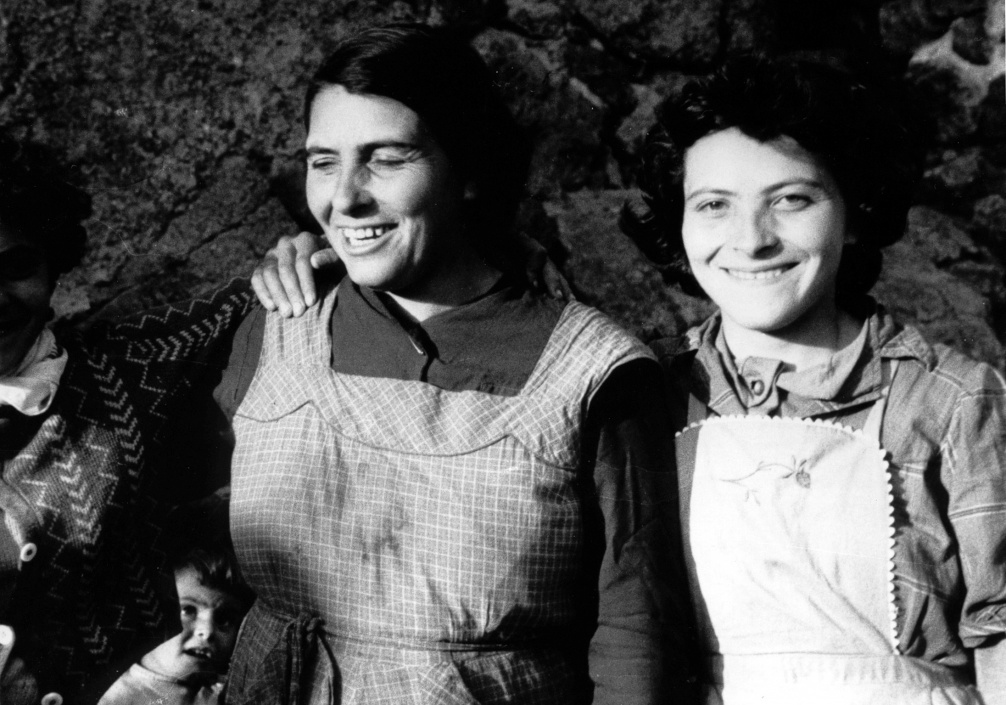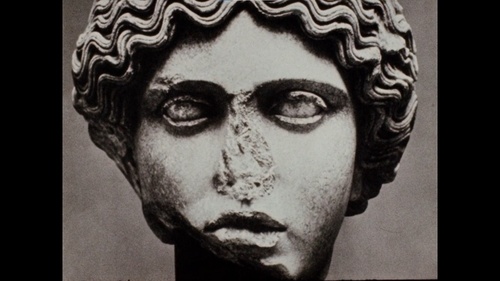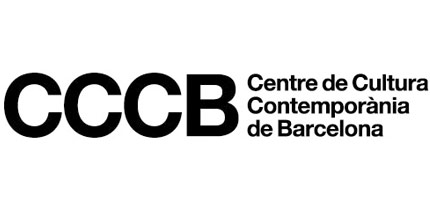Xcèntric. 12th season 2012-2013
Light cinematography. Mario Ruspoli and the invention of direct cinema
Audiovisuals
Mario Ruspoli is one of the great inventors of the modern documentary, and perhaps one of the least known. An inspiring filmmaker, a major influence for Jean Rouch, the forerunner of direct cinema and a collaborator of Marker, Ruspoli found in lightweight cameras and the first synchronic tape recorders the means to create an approach to reality that was vivid and primary, in which the relation between filmmakers and people filmed forms part of the process, learning at once about life and film. The session brings together three of his major works: Méthode I, a film-essay about his theoretical and practical ideas; Regard sur la folie, about a psychiatric hospital, and Les inconnus de la terre, about peasant life in the French region where Ruspoli spent his holidays: “This film,” wrote Roland Barthes, “is not a dark film: a flavour, a warmth, a clarity run through the images, the objects, the words; a reciprocal trust creates a living vibration between the camera and these men, these landscapes, between interviewers and interviewees; this is probably why we have no sensation of spectacle, and see these images truly with trust, pleasure and enjoyment.”
Méthode I, Mario Ruspoli, 1963, 27 min; Les inconnus de la terre, M. Ruspoli, 1961, 35 min; Regard sur la folie, M. Ruspoli, 1962, 53 min.
[Video screening, restored copies.]
This activity is part of Xcèntric. March-April 2013, Xcèntric. 12th season 2012-2013




